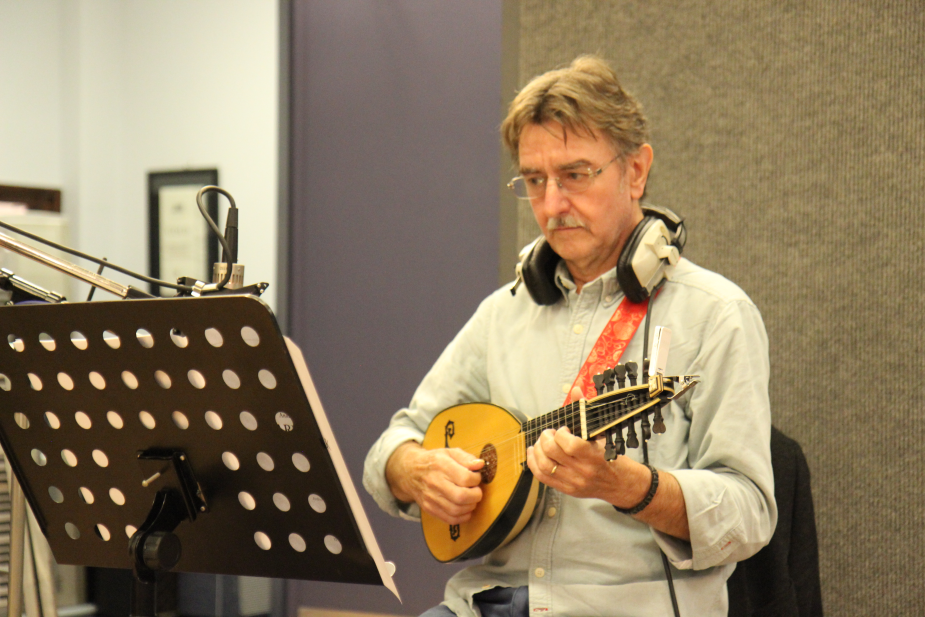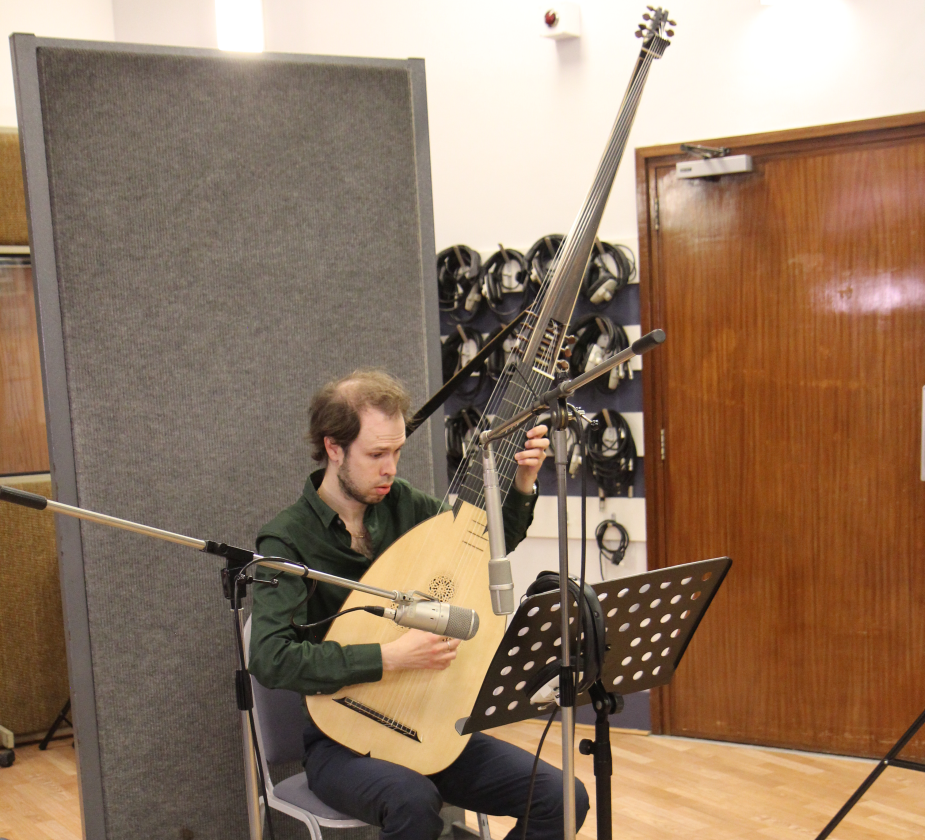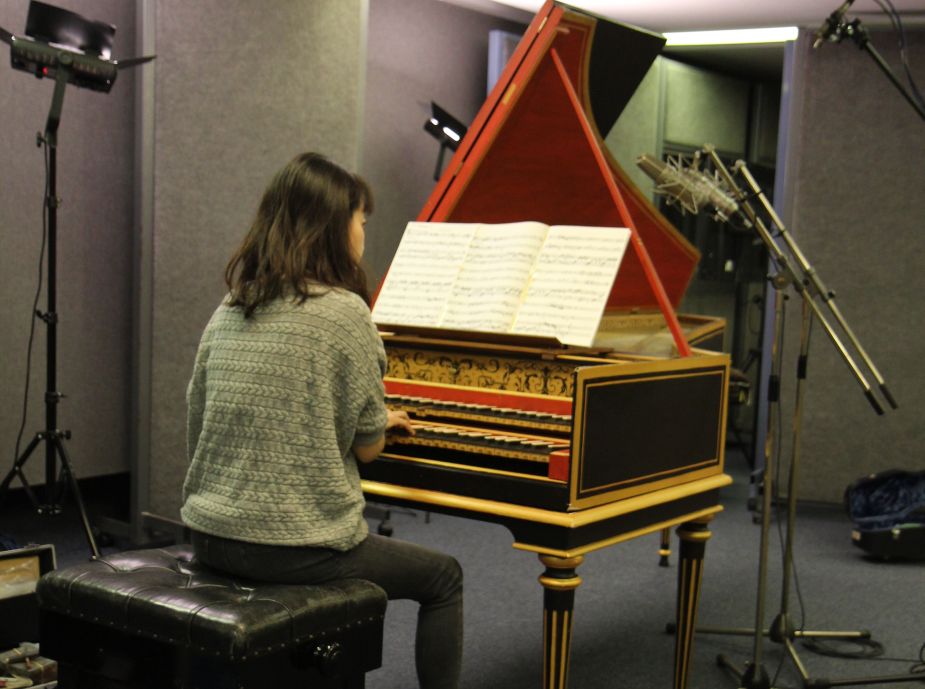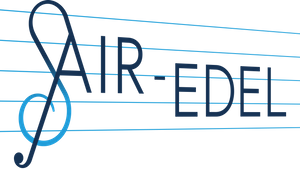
Radio LBB: The Music of Card Shark

I was the composer and music director for Card Shark, the recently released adventure game by developer Nerial, set in 18th Century France. The score comprises of 110 minutes of music, including approximately 60 minutes of original score and 50 minutes of a classical soundtrack, mostly from the 18th Century and the French Baroque. All the music content heard in Card Shark is made of these new recordings, specifically produced for the game. The score was recorded in about four days at the legendary AIR and Air-Edel Recording Studios in London. It was engineered by Nick Taylor (record and mix engineer) and performed by some of the UK’s finest session musicians, conducted by Benjamin Woodgates. We had about 50 musicians performing the score across various line-ups, including orchestral players, specialist baroque musicians, a boys’ choir, and singers specialized in early music who had already performed my previous score for the video game ‘Astrologaster’.
An important part of the project was balancing a historical, research-driven approach, with the creation of original character and location themes, in order to strike a stylistic continuity throughout the game. To be able to achieve that, I had to make the original music sound like it could have been written in 18th Century France, whilst re-arranging and editing the classical pieces I had chosen, in order to make them feel as if they had been written for the game. In a way, I had to ‘cheat’ both sides of the score, an idea which I found quite compelling, since Card Shark tells the story of Eugene, a card cheater and con artist. The result is that of a post-modern, fictional 18th Century France which is nevertheless filled with real, historically accurate music. For instance, Eugene’s fencing teacher in the game is the incredible historic figure Joseph Boulogne Chevalier de Saint-George, who was both a fencing master, a composer and a virtuoso violinist.

While training with him or fighting opponents later on, arrangements of his very music play in the background! But when he is introduced along with other ally Julie D’Aubigny, an original track plays with a violin solo that suggests Joseph’s virtuosity as a fencing master and musician. As Eugene progresses from humble taverns to the gambling tables of the French aristocracy, the music becomes more elaborate and orchestral. At the Palace of Versailles, one of the final levels of the game, we hear Francois Francoeur’s ‘Simphonie Du Festin Royal de Monseigneur Le Comte D’Artois’, paired with the stunning visuals of the palace by Lead Artist Nikolay Troshinski.

For certain characters and locations I chose to take a freer approach. When Eugene visits the King of Corsica, a self-proclaimed and outlaw king, the music characterization is more that of a mafia chief, with jaw harps, mandolins, and harmonic cadences reminiscent of the southern Italian imagery (see the ‘Corsica I’ and ‘Corsica II’ tracks).
The music accompanying the travelers, the sailors and the King of Thieves is also less based on the conventions of the 18th Century, and was influenced by Eastern European folk, blues and jazz.
A different approach made sense for these characters, as they are either outlaws or live on the margins of society, so their music isn’t in the same idiom as that which is played in chateaus and manor houses throughout the game.

One of the challenges of this project was the unique nature of some of the styles, which meant we had to search for highly specialized musicians and rare instruments. Fortunately, the London music scene is incredibly diverse, and we were always able to find what we needed. We rented a real harpsichord to perform the piece ‘At the Manor House’, and had baroque specialist Johan Löfving perform on the theorbo and baroque guitar for the tavern in which the game begins. For the Hospice location, we decided to record a choral piece from a medieval codex, and worked with the amazing children choir Libera directed by Sam Coates.
Another challenge we had was the French pronunciation of La Carmagnole, a revolutionary song that plays over the closing titles, as most of our singers were British. Luckily, Arnaud De Bock (Nerial’s creative director for Card Shark) stepped in as a voice director for the French language lyrics, and we got through the most difficult bits.
Card Shark is now available to play on Nintendo Switch and Steam













